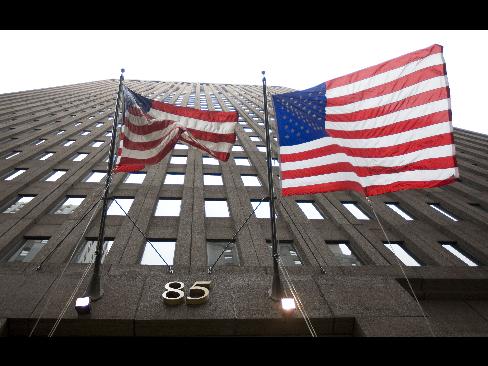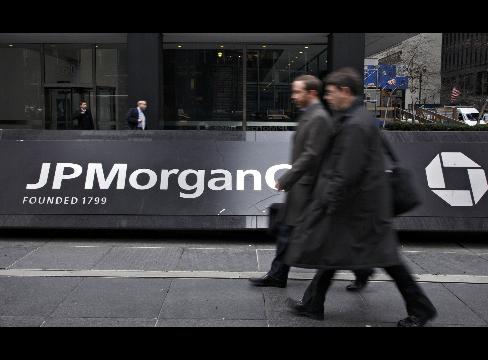From the article:
“Far away from Congress is the real forgotten man, the taxpayer who foots the bill… For if human liberty is to survive in America, we must win the battle to restore honest money.”
“the paper money disease here may take many years to run its course…but when that day arrives, our political rulers will probably find that foreign war and ruthless regimentation is the cunning alternative to domestic strife.”
– The key libertarian in Warren Buffett’s life who he never listened to (The Blaze, Aug 13, 2014):
Warren Buffett has famously supported the Obama administration and other Democrats, even lending his name to the so-called “Buffett Rule,” which calls for raising income taxes on high earners. As such, it may surprise you to learn that a key person in Warren Buffett’s life was an ardent proponent of political views diametrically opposed to those of the “Oracle of Omaha.”
111 years ago today, Warren’s father Howard Homan Buffett was born in Omaha, Nebraska. Buffett, like his son Warren, worked in the investment business, but also served four terms in the U.S. House of Representatives from 1943-1949 and then again from 1951-1953, as an anti-New Dealer, anti-Fair Dealer and overall anti-interventionist of the Republican “Old Right.” Politically, it could be said that Buffett was the Ron Paul of his day.
Buffett even corresponded with leading libertarian Murray Rothbard, asking Rothbard in one letter where he might be able to procure a copy of his “The Panic of 1819,” so that he could pass it along to his son.


